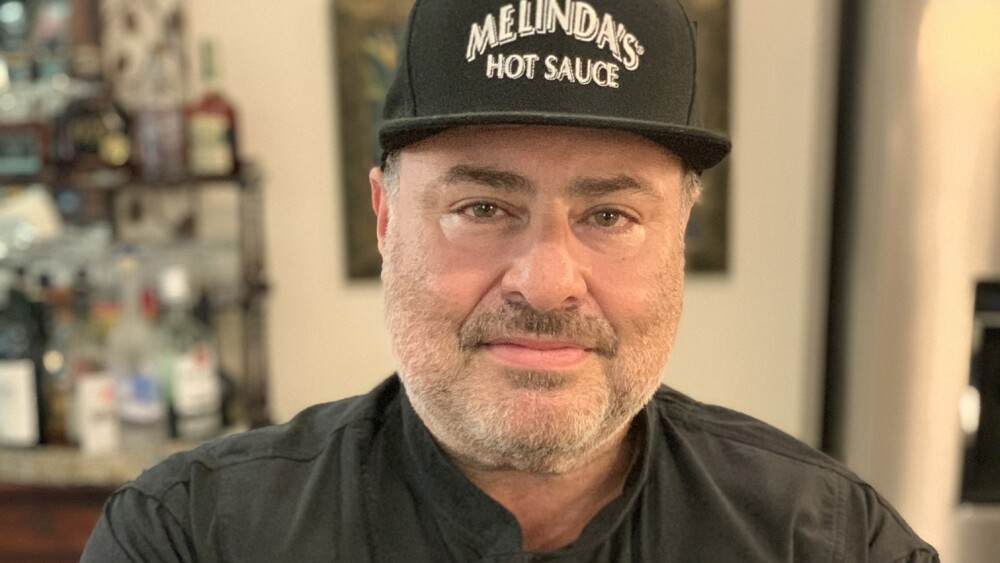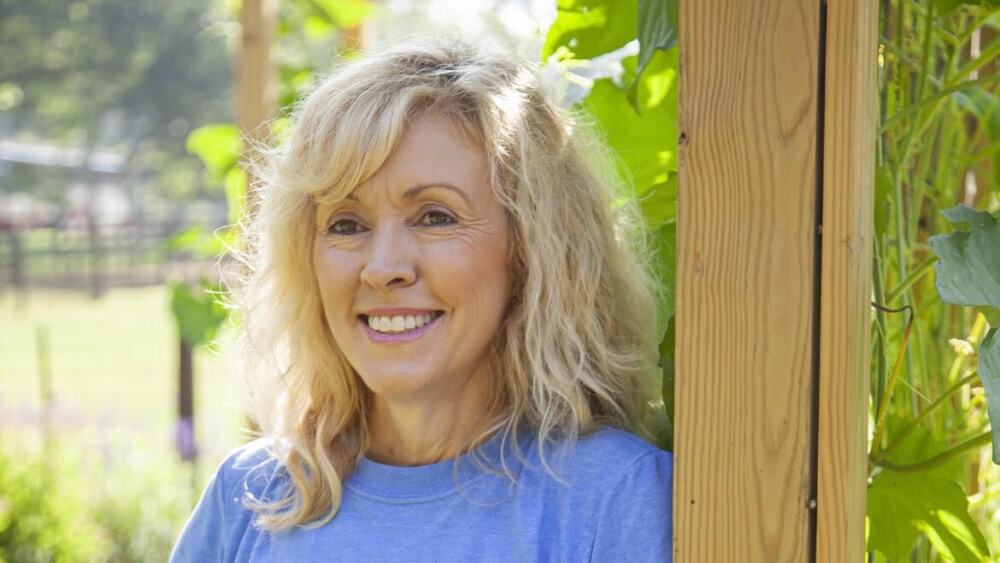More than 60% of sales in Amazon’s store come from independent sellers—most of which are small and medium-sized businesses. These small businesses are catalysts in their local communities and often spend time sharing valuable insights and best practices that help fellow entrepreneurs succeed.
In the words of Natasha McCrary, founder of 1818 Farms, “There’s plenty of business to go around, and I’ve always found if you support someone else, you’re going to get paid back tenfold with that support.”
“Ecommerce businesses can learn so much from each other,” adds Kyle Gougen, founder of Pawstruck and co-founder of CRBN Pickleball. “Once I found peers who had done this before, people who were two years, five years ahead of me, that they just had the playbook that I could follow and then just hand it over and we’d trade kind of strategies and secrets. That was the biggest unlock in the business.”
National Small Business Week provided a special opportunity to share advice directly from small businesses.
As part of Amazon’s co-sponsorship of National Small Business week, the company joined events led by the U.S. Small Business Administration (SBA) in cities across the country to celebrate local, award-winning small businesses and share resources to promote small business growth. Amazon also participated in a virtual summit, hosted by the SBA and SCORE, where small business owners were able to access free educational webinars, business resources, and networking opportunities. This included a webinar, “Expanding Your Business Through E-Commerce,” where McCrary, Gougen, and David Figueroa, president and co-founder of Melinda’s Foods, were able to share their experience and advice.
Three key pieces of advice stood out.
First, small businesses should consider selling online because of how many more customers they can reach.
“There’s an immense amount of people buying online and you kind of want to reach the customer wherever they happen to be shopping,” said Gougen. “It is far harder to drive sales on your own website early on than it is to leverage a [retailer] that has a built-in customer base.”
Second, businesses should use all of the tools and resources that are available to sell online.
“It’s only been the last seven years where we really started to use all the tools related to ecommerce to drive sales, digital search, everything to drive traffic to the website for purchase and to our other ecommerce channels. And when we really decided to lean heavily into it…that’s when we really started to see a lot of scale and growth,” said Figueroa. “You can see your ROI, you can see what you’re investing, you can see what your profit margin is in real time,” he added.
Tools also include features like customer reviews, which can be used to gain new customers, improve products and identify new opportunities.
“When a customer loves your product, you can’t have any better type of marketing than them really saying what they love about it, why it works, and really encouraging others to buy,” says McCrary.
“And you have to listen,” adds Figueroa. “You have to listen to the [customers] because if your reviews are terrible, you’re doing something wrong.”
Finally, ecommerce can be a great place to start and businesses can expand to additional sales channels from there.
“I think for us the biggest thing was that ecommerce allowed us to scale really quickly with very little capital or infrastructure needs that a lot of businesses would require and add on to that. I think ecommerce gave us the ability to compete with the big guys in the industry,” said Gougen. “We are now in retail, we sell to a bunch of big box retailers, but those conversations only happened because we built our business really strong on ecommerce. So, we have a level of legitimacy. We proved ourselves online.”
Amazon helps small businesses thrive.
By continuously investing in tools and services, Amazon helps empower independent sellers to establish and build their brands, connect with more customers, and create jobs in their communities.
This includes free educational content for independent sellers through Amazon Seller University. Amazon also fosters partnerships with organizations like SCORE to host live and on-demand webinars that guide current and aspiring entrepreneurs through every step of establishing and growing a business in the Amazon store. And, Amazon helps customers discover and shop from small businesses in the Amazon store through features like the Support Small storefront, special features during sale events such as Prime Day, and through the Small Business badge on eligible products.
Amazon also knows that small businesses today have more options than ever for selling their products. That’s why the company is committed to developing features and capabilities that power sellers’ businesses across their sales channels, from logistics and fulfillment to payments solutions.
Learn more about how Amazon is powering the growth of small businesses and brands.
About the panelists
Kyle Goguen Founder, Pawstruck and Co-Founder, CRBN Pickleball
Kyle Goguen is the founder of Pawstruck, an all-natural dog treats business launched in 2014. Over the past decade, Kyle has grown Pawstruck from a one-man venture into a successful household brand with 35 employees, reaching customers through their website, ecommerce marketplaces, and most recently, big box retailers across the country. Kyle’s success in founding and growing Pawstruck spurred his next venture as co-founder of CRBN Pickleball , a company dedicated to producing high-performance paddles and gear. Since establishing CRBN Pickleball in 2021, the business now employs a team of 20 based out of Southern California, and their products can be found online and in retailers worldwide.
David Figueroa President and Co-Founder, Melinda’s Foods
David “Chef Fig” Figueroa is the president and co-founder of Melinda’s Foods, a family-owned company dedicated to crafting hot sauces and condiments with fresh ingredients. With over 30 years in business and passion for culinary excellence, Melinda’s Foods offers over 40 unique products and employs a team of nearly 30 employees at their headquarters in Dallas, Texas. David has expanded the reach of Melinda’s Foods from physical store shelves to households around the world through innovative brand building and marketing, with Amazon now the company’s second largest sales channel.
Natasha McCrary Founder, 1818 Farms
Natasha McCrary is the founder of 1818 Farms, a flower farm and award-winning lifestyle brand based in Mooresville, Alabama. Natasha embarked on her entrepreneurial journey in 2012, emphasizing sustainability, land stewardship, and community engagement. Today, Natasha’s team of 12 employees hand crafts shea creme, bath soaks, botanically dyed scarves, and more using ingredients grown and harvested on her farm. The 1818 Farms product line, available in 600 stores across 45 states and online, has gained international acclaim, and through community workshops, a curated flower garden, and an educational YouTube channel, Natasha invites others to discover the joy of intentional living.





